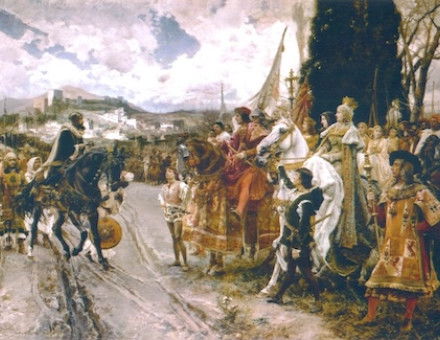'Yet all Shall be Forgot'
Brian Holden Reid recounts his own experiences of great military events. their literature, political significance and memory.
As a schoolboy my preparation for 'O' level English literature was devoted to a discussion of war literature. I found this enjoyable as, unlike some of my sporty friends, I actually liked reading novels. Among my favourites were Remarque's All Quiet on the Western Front and Hasek's The Good Soldier Schweik. I was studying at a time when all things military were out of fashion – at the height of the controversy over the Vietnam War – or at least unfashionable in the intellectual sense – for I can recall vividly the outrage of The Daily Telegraph when young things in the 1960s began wearing Victorian military uniforms to the night clubs along the King's Road. Amid all the controversy, I was distinctly unimpressed with a message that was broadcast in my direction, especially in literature classes, that war was an unutterable evil. This view seemed to acquire official endorsement when, to my horror, my favourite history teacher suddenly left, the '0' level history syllabus was changed, and I was condemned to what I thought then (I have since changed my mind) to be the excruciating tedium of British social and economic history since 1760.





